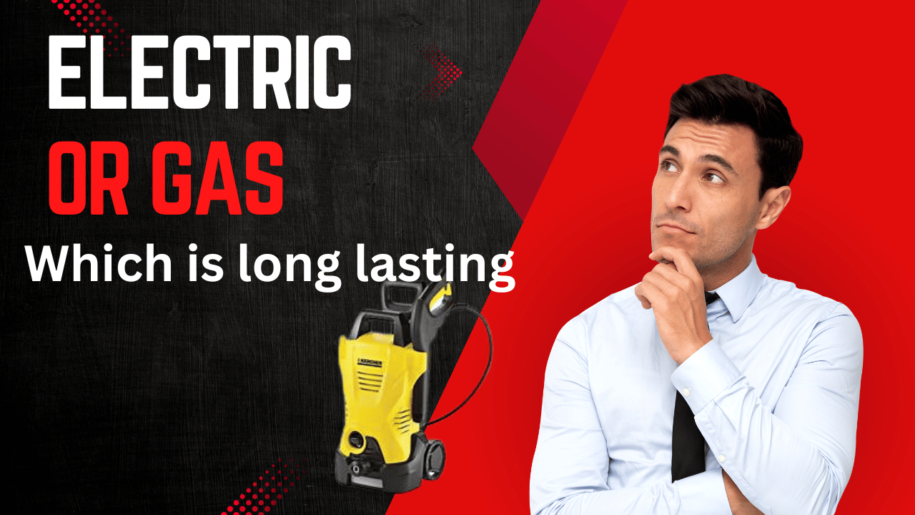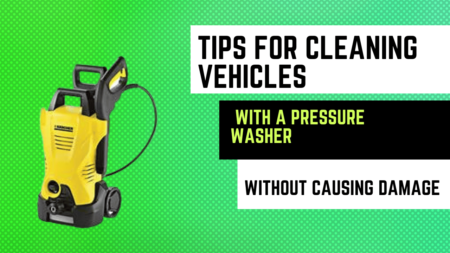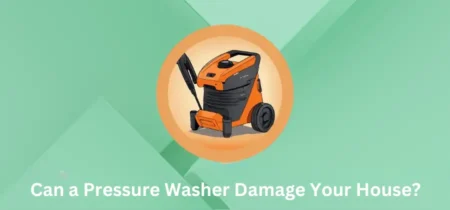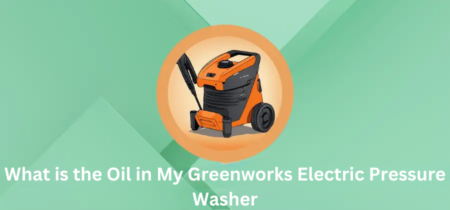
Gas Pressure Washers vs. Electric: Unveiling the Prolonged Clean Power
When it comes to keeping our outdoor spaces pristine, particularly in the realm of the pressure washing world, a rivalry simmers not-so-quietly between gas-powered behemoths and their electric, more eco-conscious counterparts. But this isn’t just for show; there’s a whole slew of features, performance aspects, and, of course, a burning question on whether the robustness of gas pressure washers translates into a longer lifespan compared to the convenience of electric models.
If you’re navigating the pressure washing market, eager to find the perfect tool to uphold your garden and home’s external beauty, this comprehensive comparison is a must-read.
Understanding the Basics
Gas pressure washers are fueled by gasoline, which means they’re not tethered by electric cords, making them ideal for large areas and areas without ready electrical connections. They pack more punch, measured in pounds per square inch (PSI) and gallons per minute (GPM), making short work of stubborn dirt, grime, and paint. Electric models are more compact, quieter, and produce no emissions. They’re perfect for smaller residential spaces and those with noise and environmental regulations.
The Longevity Claim
In the minds of many, gas pressure washers signify durability. And it’s not entirely unfounded. Generally, gas engines are built to withstand harsher working conditions. Their ignition system, which is the simplest and most reliable system in gasoline engines, means fewer parts that can go wrong. Simultaneously, electric pressure washers, with their advanced electric motors, might need to be handled more delicately and can succumb to moisture damage.
Assessing Durability
The fundamental issue when it comes to longevity is not just the pressure washer type but the specific make and model. High-end electric models could very well outlast their gas equivalents, primarily if well-maintained. The durability of a pressure washer depends largely on the frequency and severity of its use, as well as the diligence of its owner in terms of upkeep, such as winterization and use with clean water sources.
Environmental and Health Considerations
Weighing in on the green factor, electric pressure washers, which produce no direct emissions and are generally quieter, can be seen as a more environmentally friendly choice. They’re also easier to handle in terms of usage and maintenance, promoting safety. Gas pressure washers, on the other hand, have the engine emissions to consider but, interestingly, have the potential to last longer and reduce overall waste if cared for over the years.
Use Cases and Applicability
Understanding the context in which you’ll use your pressure washer is key. For one, a gas pressure washer is non-negotiable when it comes to cleaning large areas like driveways, or in industrial settings where they’re run for hours every day. They also do better at removing the toughest old stains and paints, tasks that can wear out an electric model quickly. Electric models excel in more casual or occasional cleaning tasks.
The Maintenance Game
The longevity of your pressure washer, regardless of type, is significantly influenced by the maintenance routine. Gas pressure washers need a bit more attention, from regular oil changes to engine flushes, especially if it’s been sitting in storage or out of use. Electric models, with their more straightforward mechanisms, require less in-depth servicing. This means that routine care becomes the decisive factor when it comes to upkeep and cleanliness of your unit.
Winter and Off-Season Storage
For those in colder climates, the off-season storage is critical for both types of pressure washers. Gas models need to have fuel stabilizers added and lines cleared to prevent damage from frozen fuel. Electric models need proper drainage, and you should keep them in a dry, temperature-controlled environment if possible.
Noise Levels and Compliance
For homeowners with close neighbors, or those in areas with noise restrictions, the roar of a gas pressure washer can be off-putting. Electric pressure washers are much quieter and, for many, this can be a deciding factor when selecting the right model. Compliance with local noise regulations can mean fewer headaches and a much smoother operation for electric units.
Cost Analysis
When it comes down to the nitty-gritty of cost, gas pressure washers certainly bring a heftier initial price tag. However, they can enjoy a lower cost per clean square foot over their lifetime, due to potentially being more durable and powerful enough to clean larger areas more quickly. Electric pressure washers, despite being cheaper upfront, may need to be replaced more often, ultimately costing more in the long run.
Factoring in Maintenance Costs
Regular maintenance of gas pressure washers does add up over time, and this needs to be factored into the cost analysis. Electric models typically have fewer parts and require less frequent or severe servicing, so that is a potential budget-saver.
Wrap-Up- The Verdict
In the battle of gas vs. electric pressure washers, there’s no straightforward winner. Both types come with their own sets of benefits and considerations. For longevity and power, gas pressure washers may have an edge if well taken care of, especially in heavy-duty cleaning tasks. Electric models offer convenience, lower noise pollution, and a more favorable environmental footprint that shouldn’t be underestimated. Ultimately, the choice will depend on your individual needs, the scope of your cleaning projects, and the level of maintenance you’re willing to commit to.
Final Words of Advice: Regardless of the pressure washer type you choose, maintenance is key. Regular check-ups, cleanings, and proper storage are the most critical elements in ensuring your equipment outlasts your expectations. Happy cleaning!





